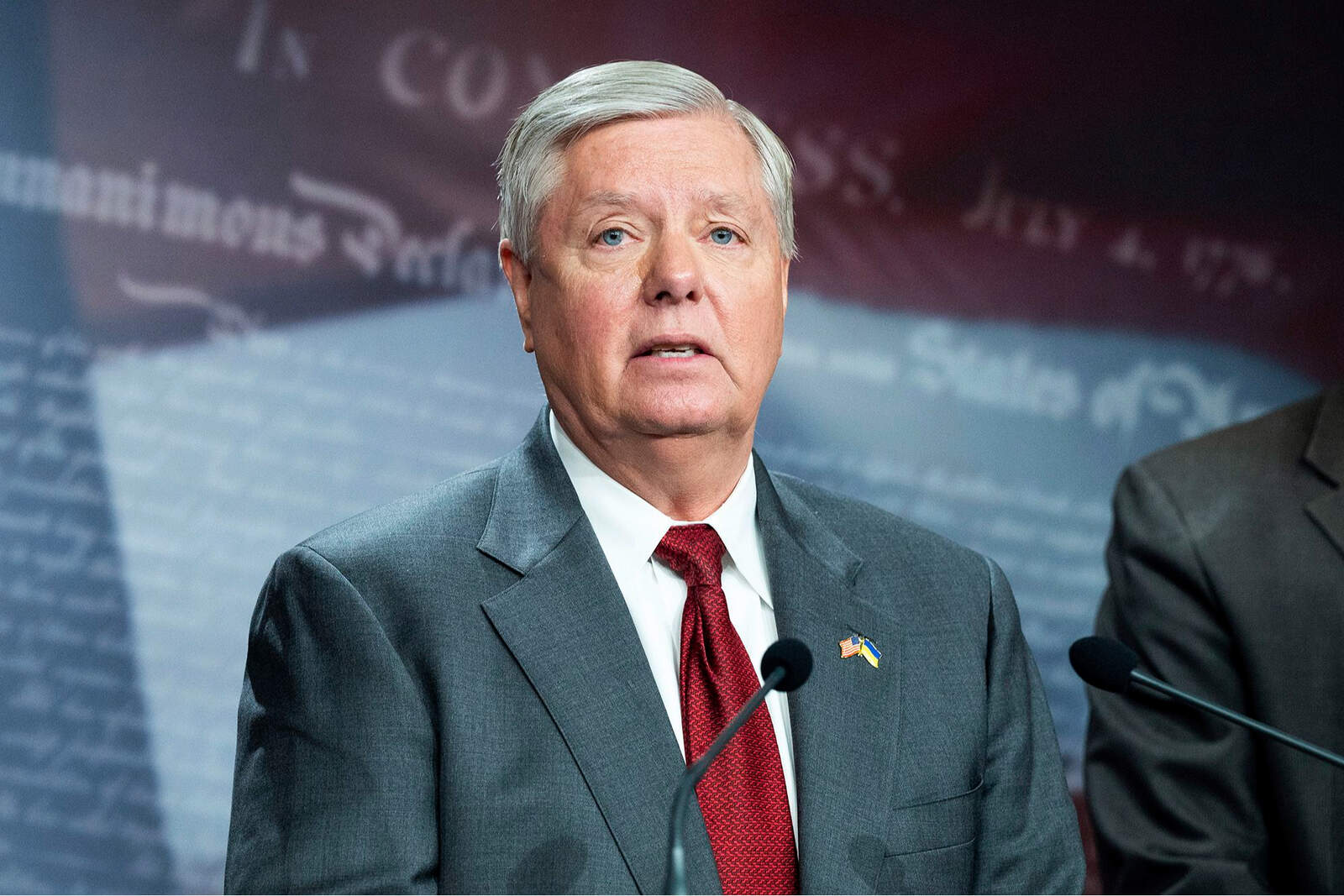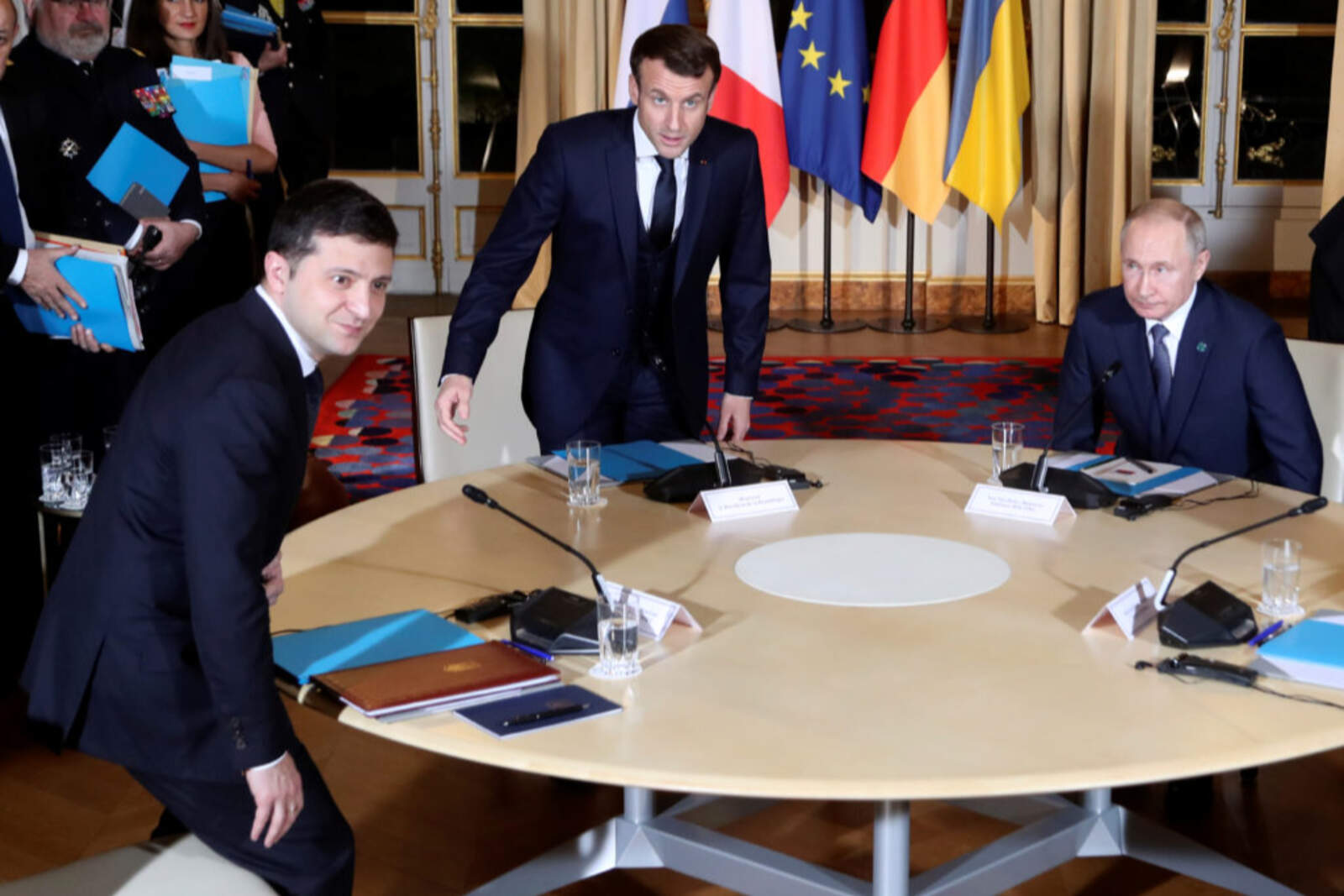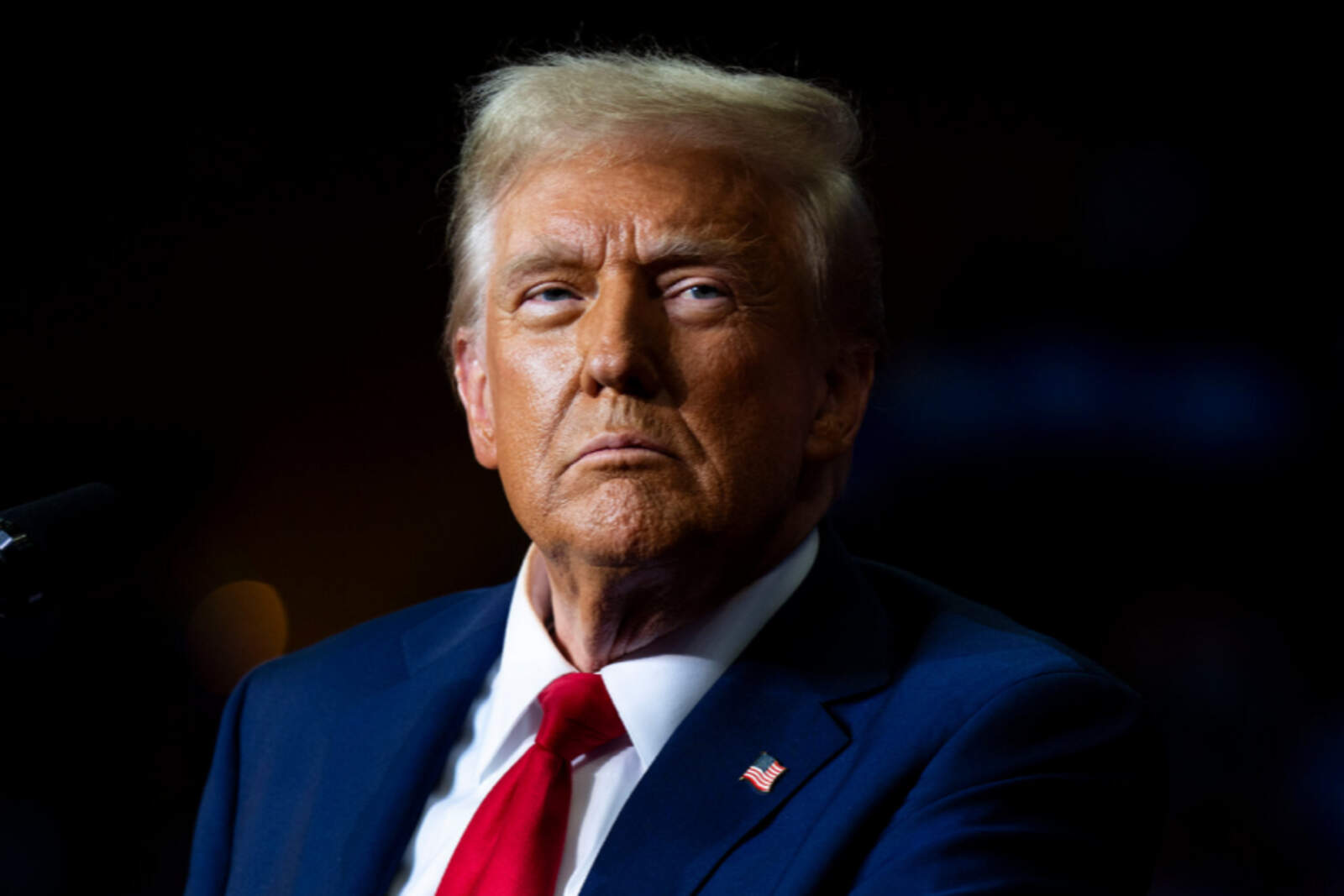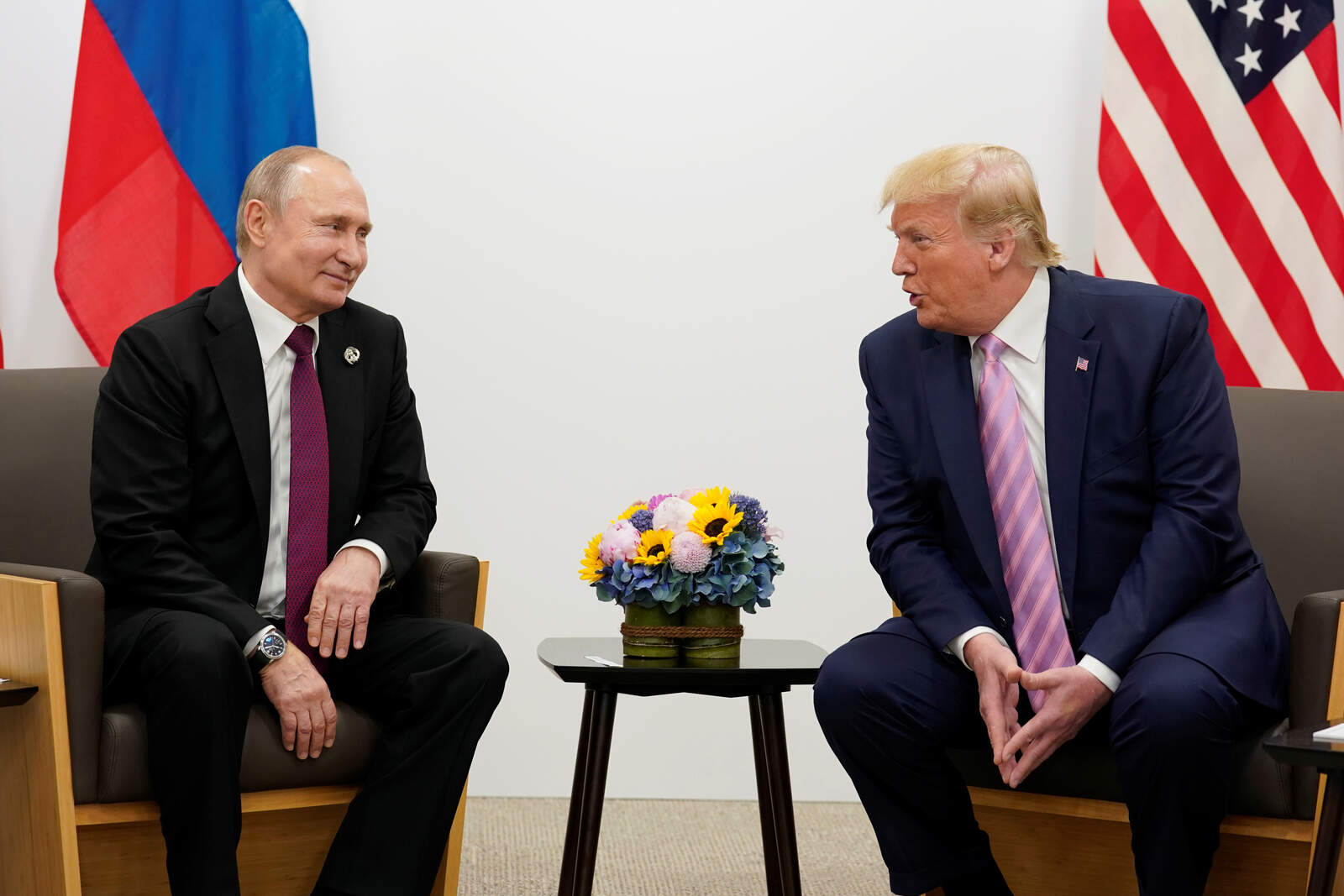A bipartisan group of U.S. senators introduced on Tuesday a bill that would impose sanctions on countries buying energy products from Russia, such as oil, gas, and uranium, if the Kremlin refuses to engage in good faith negotiations to end the war in Ukraine.
The bill, spearheaded by Senators Lindsey Graham and Richard Blumenthal, would apply a 500% tariff on imported goods from countries purchasing Russian products.
The group of 50 senators, composed of both Republicans and Democrats, argued that the sanction, both primary and secondary, could be imposed if Russia breaches a future peace agreement with Ukraine.

Despite the likely confrontation with nations like India and China, major buyers of Russian oil since the escalation of the war in Ukraine in 2022, and the difficult situation for the European Union, the bill allows the U.S. president to grant exemptions for national security reasons.
The senators also indicated that a bipartisan group in the House of Representatives plans to introduce similar legislation, although it was not specified when a vote on the bill might occur.
In their joint statement, Graham and Blumenthal emphasized that the bill would receive overwhelming support in both the Senate and the lower house if brought to a vote.
This legislative effort follows the president's threat to impose secondary tariffs on Russian oil in response to the Russian president's demand, Vladimir Putin, to replace Ukrainian President Volodymyr Zelenskiy as part of peace talks.

Moscow replied by stating that Putin remains open to dialogue with Trump and accused Ukraine of violating a U.S.-mediated agreement to pause attacks on energy facilities.
Kremlin spokesman Dmitry Peskov stated that they would continue working with the Americans and patiently communicate the true situation, pointing out Kiev's refusal to do anything for peace.
The bill would also include additional sanctions, such as the prohibition of U.S. citizens from purchasing Russian sovereign debt and U.S. financial institutions from investing in entities linked to the Russian state.











